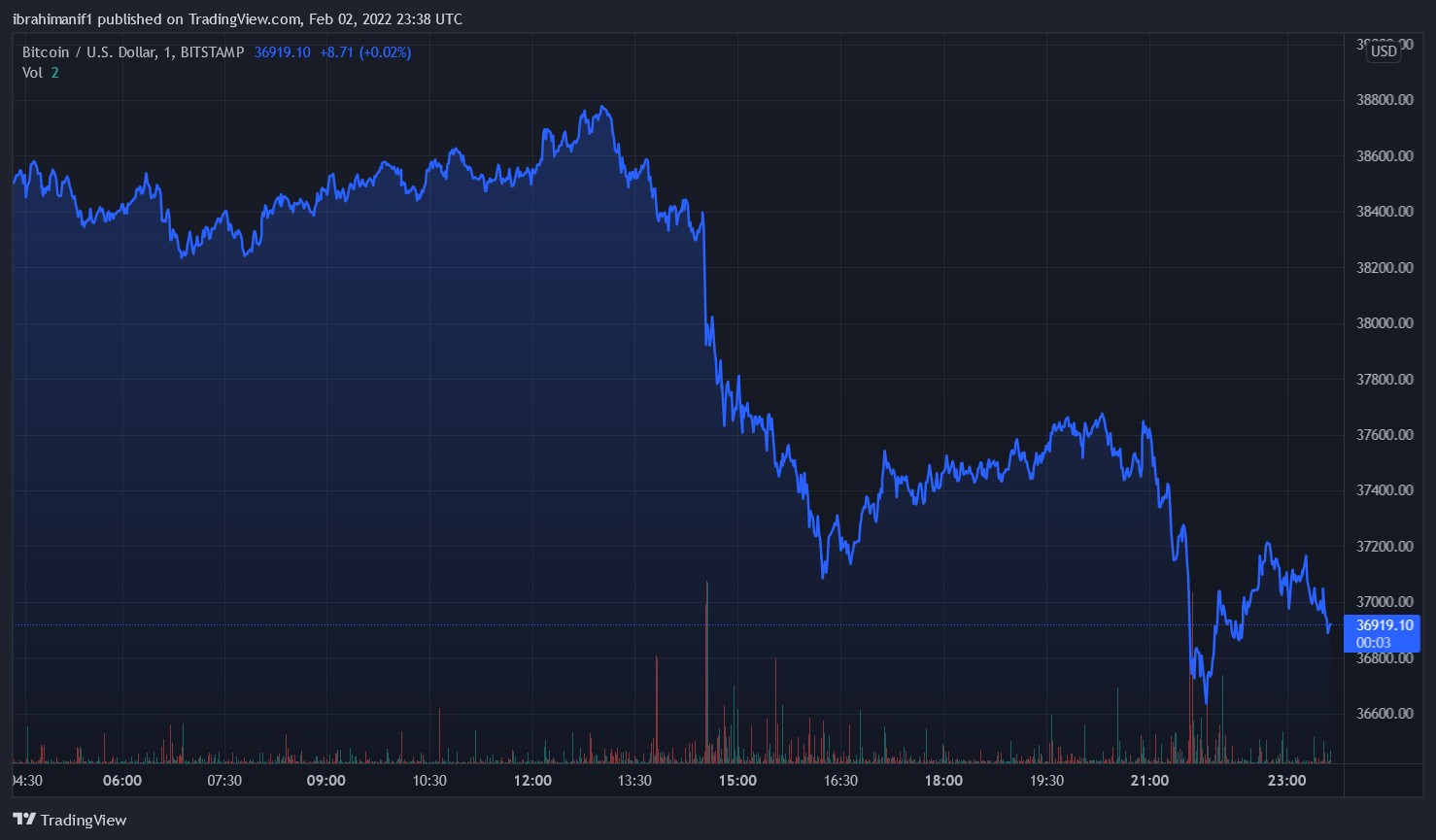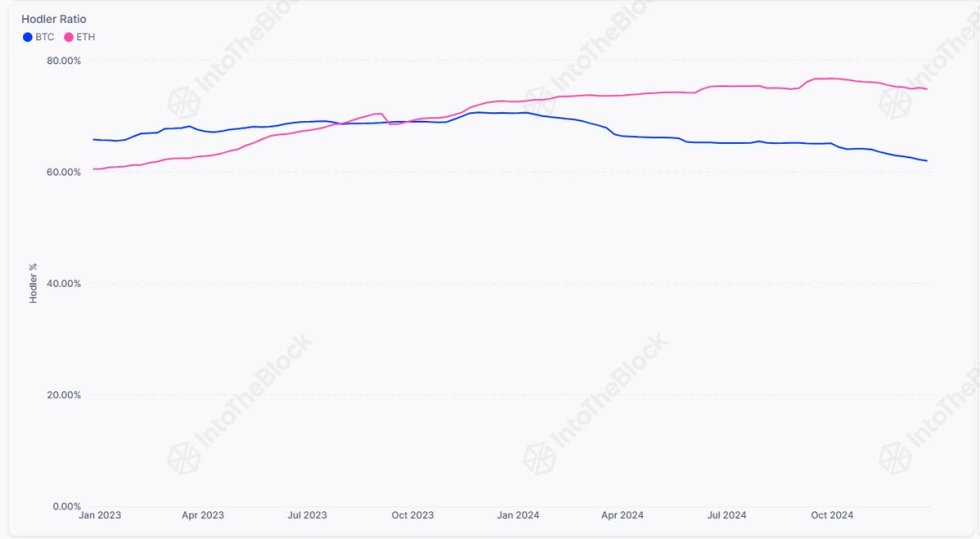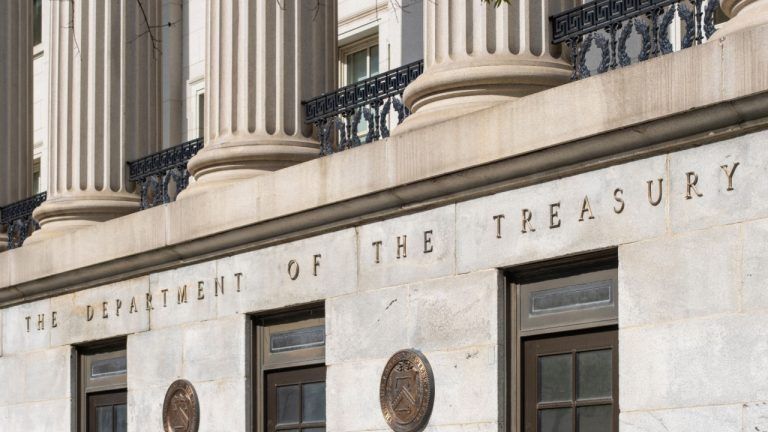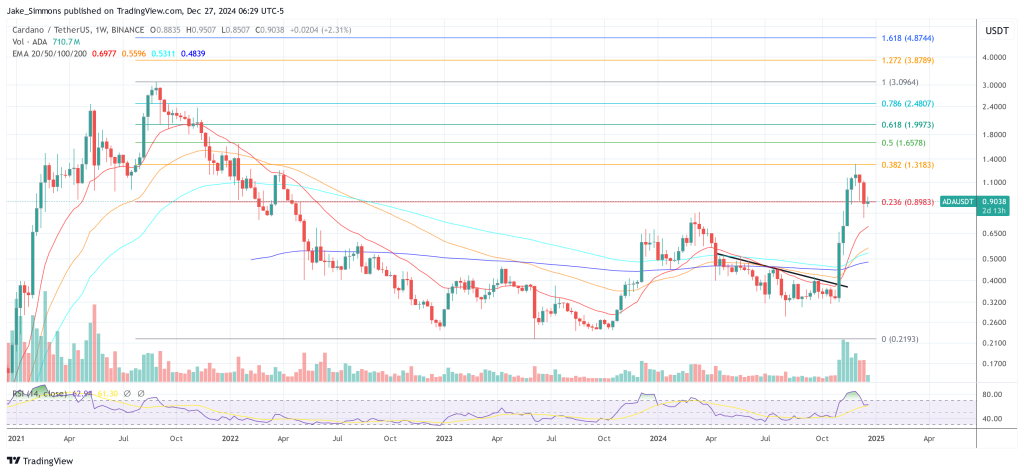India’s Finance Secretary T.V. Somanathan warned on Wednesday that private digital money will never be recognized as legal tender in the country. Only the Reserve Bank of India’s digital currency is recognized as a legal tender. The government will not be held liable for any losses incurred in private crypto investments. Cryptocurrency trade, on the other hand, is no longer unlawful because it is now subject to taxation.
Crypto Isn’t Legal Tender In India
Somanathan, according to a tweet from Asian News International on Wednesday, said that a digital rupee guaranteed by the Reserve Bank of India, or RBI, will be recognised as legal tender, but that major cryptocurrencies will not. Because digital assets like Bitcoin and Ethereum lack government approval, they will likely remain “assets whose value will be determined between two people,” according to the finance secretary.
“Digital rupee will be backed by RBI which will never default. Money will be of RBI but the nature will be digital. The digital rupee issued by RBI will be the legal tender. We can purchase non-digital assets with the digital rupee like we purchase an ice cream or other things using our wallet or payments through UPI platform.”
The Finance Secretary of the nation of over 1.3 billion people issued a warning:
“People investing in private crypto should understand that it does not have the authorization of government. There is no guarantee whether your investment will be successful or not, one may suffer losses and government is not responsible for this.”
Related Reading | Crypto Is Here To Stay, Says Paytm Founder Amid Regulatory Debate In India
India Grapples With Regulation
In India, there has already been discussion about whether or not to accept Bitcoin as legal tender. During a Parliamentary session last November, India’s Finance Minister, Nirmala Sitharaman, stated that the country’s government has no intentions to recognize Bitcoin as a legal tender.

BTC|USD trades at $36k. Source: TradingView
For years, Indian regulators have debated whether or not cryptocurrencies should be banned. In 2019, a bill was introduced that would make cryptocurrency use illegal and punishable by up to ten years in prison. A similar bill was introduced in Parliament in January 2021, as well as last November.
Although regulation has been advocated, no such ban has been enacted. A 30% tax on crypto assets was proposed just yesterday, and plans for the issue of a central bank digital currency were disclosed.
The 30% tax rate on digital asset transfers was also clarified by the Finance Secretary. Except for agriculture, he said, all other revenue is taxable under government policy.
“Currently we don’t have clarity on cryptocurrency, whether it is business income, capital gain or it is a speculative income. Some people declare their crypto assets, some do not. Now from April 1, 2022, a uniform rate of 30 per cent tax will apply on the transfer of digital assets”
Featured image from Unsplash.com, chart from TradingView.com

You can get bonuses upto $100 FREE BONUS when you:
💰 Install these recommended apps:
💲 SocialGood - 100% Crypto Back on Everyday Shopping
💲 xPortal - The DeFi For The Next Billion
💲 CryptoTab Browser - Lightweight, fast, and ready to mine!
💰 Register on these recommended exchanges:
🟡 Binance🟡 Bitfinex🟡 Bitmart🟡 Bittrex🟡 Bitget
🟡 CoinEx🟡 Crypto.com🟡 Gate.io🟡 Huobi🟡 Kucoin.




















Comments